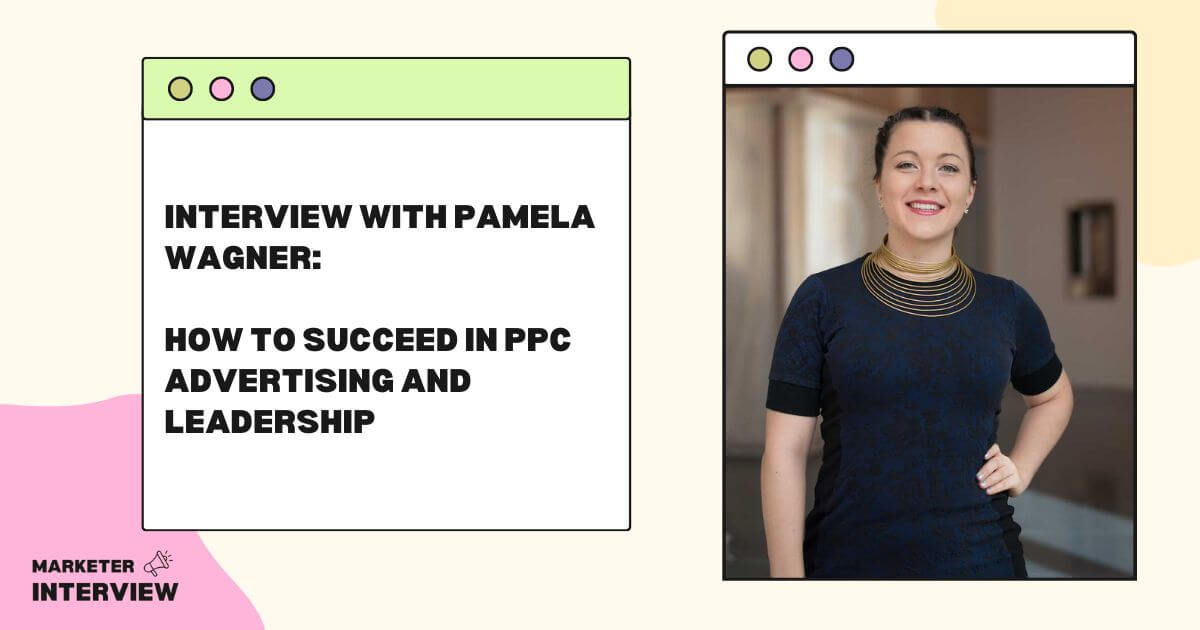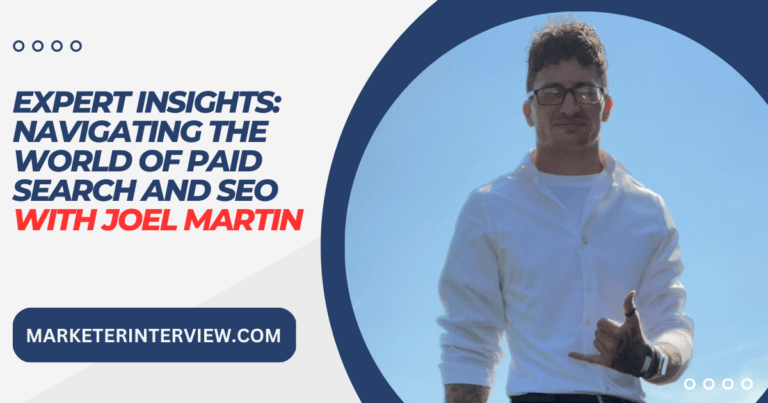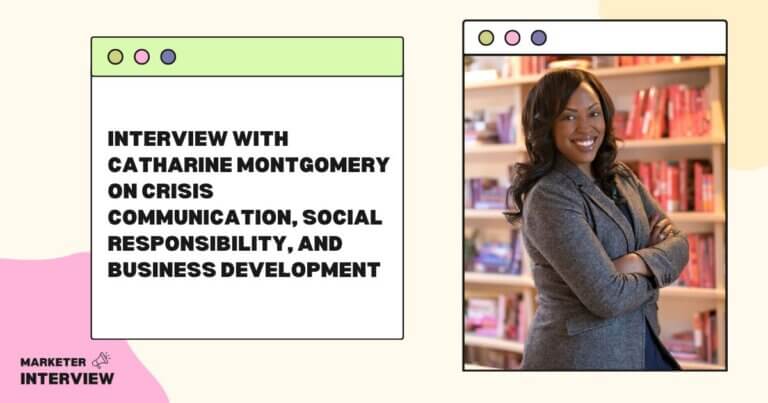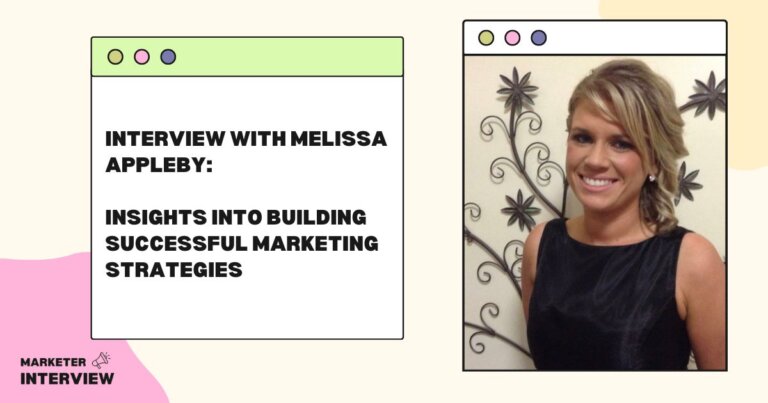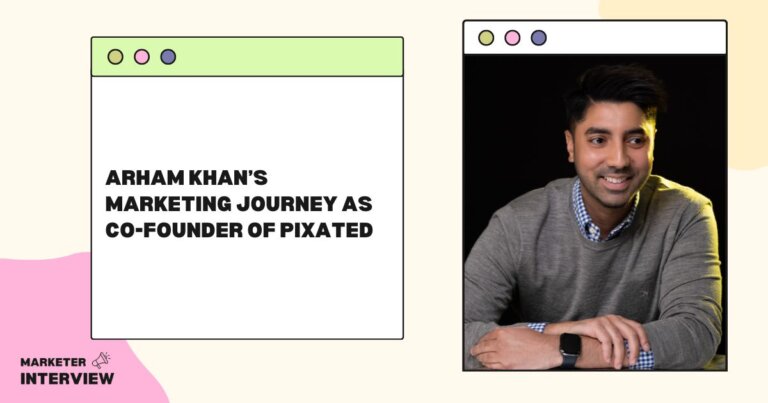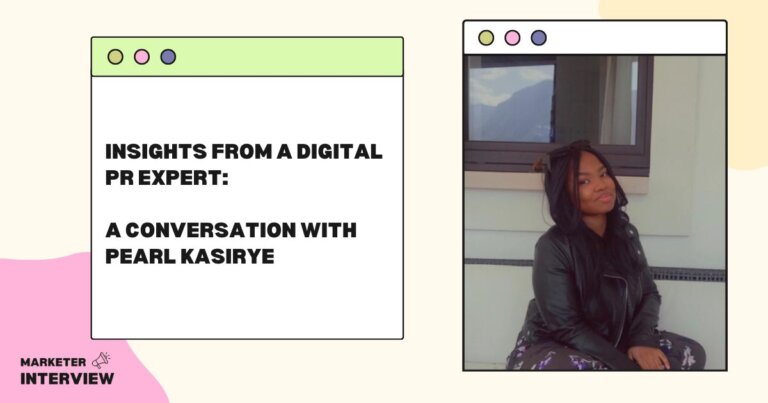Interview with Pamela Wagner: How to Succeed in PPC Advertising and Leadership
Today, we are pleased to interview Pamela Wagner, CEO of Ajala Digital, a global marketing agency specializing in Google and Meta advertising.
Pamela has helped over 3000 companies grow with custom paid ad strategies in the past 8+ years. Besides her work in digital marketing, Pamela is also passionate about calm and stress-free leadership, which is becoming an increasingly important topic in the industry.
She has been recognized for her achievements, including being named one of Forbes 30 Under 30 list makers for Austria, Germany, and Switzerland, and honored as one of only two recipients of the Tony Elumelu Foundation Award for her mentoring engagement of entrepreneurs in Ghana and Nigeria.
Today, Pamela will share her insights and experience in PPC and provide advice on leadership.
Contents
- 1 What inspired you to pursue a career in digital marketing?
- 2 What motivated you to start Ajala Digital?
- 3 How do you stay up-to-date with the latest trends and changes in the PPC advertising industry?
- 4 Can you walk us through your process of creating custom paid ad strategies for clients?
- 5 What advice do you have for businesses just starting with PPC advertising?
- 6 How do you optimize PPC campaigns for multiple search engines and ad platforms like Google and Meta?
- 7 What are some of the most important metrics to track in PPC advertising?
- 8 What are some of the most valuable tools and software you use as a PPC marketer?
- 9 How do you balance running a global marketing agency with teaching digital marketing at several universities?
- 10 Can you share some insights on calm and stress-free leadership?
What inspired you to pursue a career in digital marketing?
I already worked in several marketing-related roles while I was still a student for my Bachelor’s degree. However, when I joined Google, my marketing career got a strong hit on the fast-forward button!
I got a 6-week crash course in Google Ads, Analytics, and some Google Maps basics. After that, I already got to talk with clients.
Since then, I’ve helped an estimated 3000+ companies grow with Google Ads, Analytics, Meta Ads, and several other paid ads platforms.
What motivated you to start Ajala Digital?
After leaving Google, I founded my digital agency, which I’ve been running for 7+ years.
I started the company because I had gained valuable skills while working at Google, which I could mix with my various experiences of working in different industries before that.
It was less of “a passion, and so I did it” but more of “Hey, this adds value to other people’s lives, and I’m good at it, so I like it.”
The challenges have usually been around my mindset of making money and running a business. So, naturally, there was a lot to unlearn and relearn.
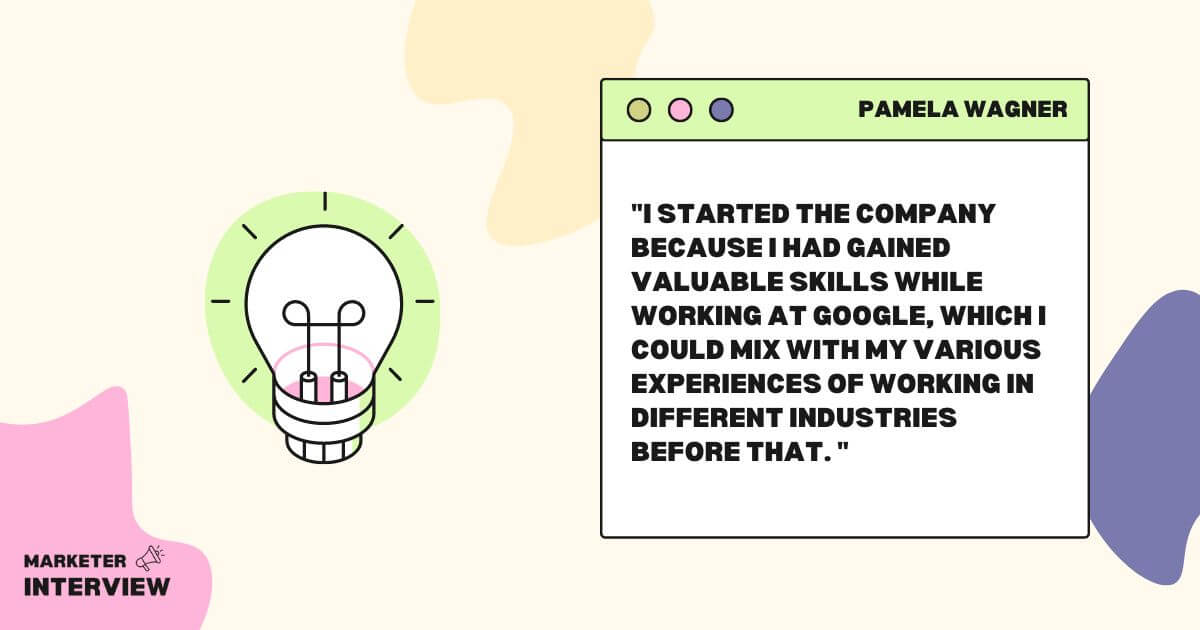
How do you stay up-to-date with the latest trends and changes in the PPC advertising industry?
Over the years, I’ve seen that the best way to stay up-to-date is by spending time with and in the ad accounts every day or at least 2-3 days/a week.
That lets me notice changes quickly and react to updates. Since I teach Paid Ads at universities, it has happened to me at least once in every course that I see something new.
This is primarily because, at any point, about 2-3 different interfaces are available to users. They’re being deployed according to who can see which beta first and which browser is used.
Can you walk us through your process of creating custom paid ad strategies for clients?
The overall process encompasses an analysis of the status quo and looking at whether it’s the right moment for the client to invest in paid ads.
Many companies get started with it way too early in their revenue journey and only end up disappointed.
What advice do you have for businesses just starting with PPC advertising?
There are a couple of aspects that should be optimized first before spending any money on ads. Those are:
- Optimizing the website
- Especially optimizing the mobile version of the website
- Investing in having a clearly defined revenue funnel. Google Ads works great for established businesses who already make money and want to grow because they feel stuck about where they are!
- Invest in excellent copy and brand identity. Knowing what problem you solve instead of talking about the product you offer makes all the difference!
Once you’ve taken care of these pieces, note that a reasonable budget per campaign is $30-50/day. It takes time and optimization to get your ads right. So, it’s not just a simple “I’ll turn it on, and my sales will skyrocket” platform.
How do you optimize PPC campaigns for multiple search engines and ad platforms like Google and Meta?
Since I’ve been working with several platforms for a long time, optimizing campaigns comes naturally.
My team and I don’t use third-party tools and work directly with the platforms. That provides the best results for our clients. Besides, it makes sure that ads and campaigns are optimized accordingly.
What are some of the most important metrics to track in PPC advertising?
Four key metrics are best to observe, as we’ve seen in the last 8+ years of helping advertisers worldwide grow: Cost/Conversion, Conversions, CTR, and CPC. All other metrics are secondary.
Looking at those four at any point in time and in comparisons gives us a quick overview of what’s not working, what needs to be improved, and what potential the ad account has.
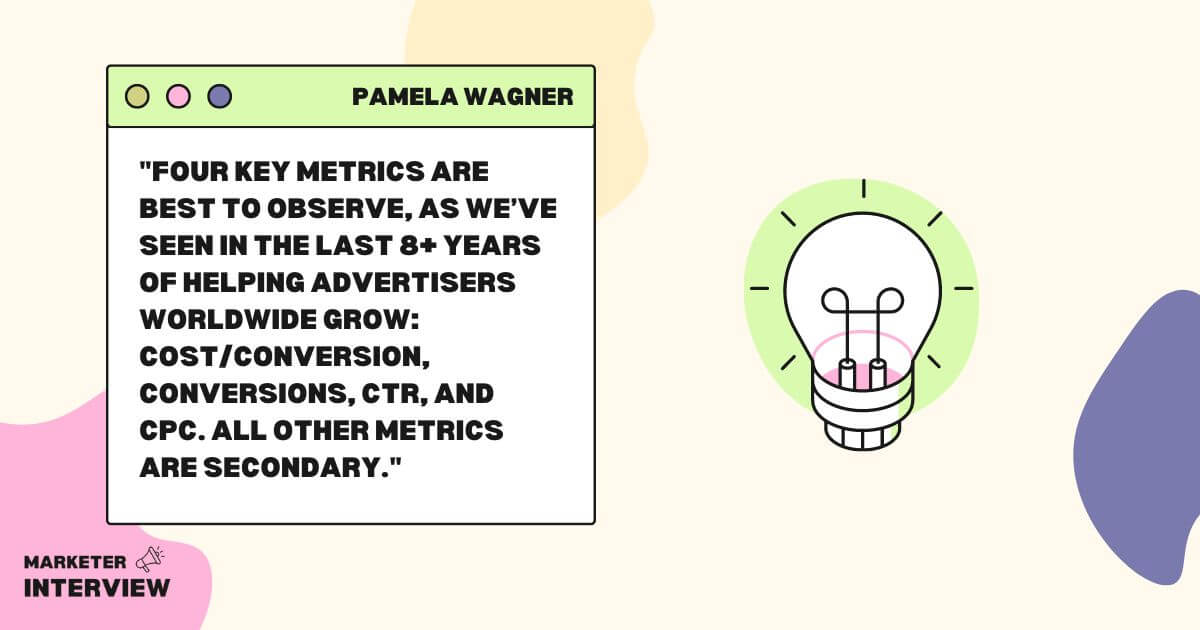
What are some of the most valuable tools and software you use as a PPC marketer?
We only use the ad platforms themselves, such as Google Ads, Meta Ads, as well as Google Analytics, and Google Tag Manager – just to name a few.
There hasn’t been a single third-party tool that matches those capabilities yet. Those using third-party tools mostly do so because they are unaware that certain functions exist within these ad platforms.
How do you balance running a global marketing agency with teaching digital marketing at several universities?
First of all, sleep is critical. I need 8-9 hours every day.
Science has long shown that the productivity of people who frequently sleep less than 6 hours per night decreases by 30%.
Secondly, I’m pretty well structured with my week. For example, calls and meetings only take place on Mondays and Thursdays. Other days are free for creative work and getting things done.
On rare occasions, I work more than 6 hours per day, but often it’s less than that. This ensures maximum productivity and output when I work!
What I enjoy most about teaching is providing my students with an interactive learning experience in an environment usually intensely focused on theory.
In the past years, I’ve met many successful people all over the world who often live very public lives. However, I noticed that those who we often look up to for material success, feel burnt out and very empty emotionally.
Digging deeper into this subject and completing a second Master’s degree in Psychology at Harvard, I founded Hustle Less & Live More.
A study done by blind in 2020 has found that over 75% of all marketing managers are burnt out. And, the most critical question that only very few managers are honestly asking themself is: Why do I work so much? And then asking “Why” another 4 times when answering.
In 100% of the cases, it’s not because one has so much work to do.
Usually, it’s a mix of attaching one’s self-worth to working a lot, escaping from dealing with trauma or problems (when I work, I don’t have to deal with it because I have an easy excuse), or equating long work hours with success and that just being how one “makes a career.”
Once one has absolute clarity of why one is overworked and overwhelmed, the root cause can be addressed.
Usually, one would be well-advised to look for the help of a coach or therapist to ensure lasting behavior change.
In the meantime, here are some practical tips:
- First, make a list of all your current tasks.
- Then, sort them by importance, with 1 being the most important.
- Next, cross out the least 10 important tasks and outsource or delegate them.
This helps you reduce your workload for a moment and to give yourself some space to breathe. As a result, you can only avoid burnout with enough room to relax and rejuvenate.
